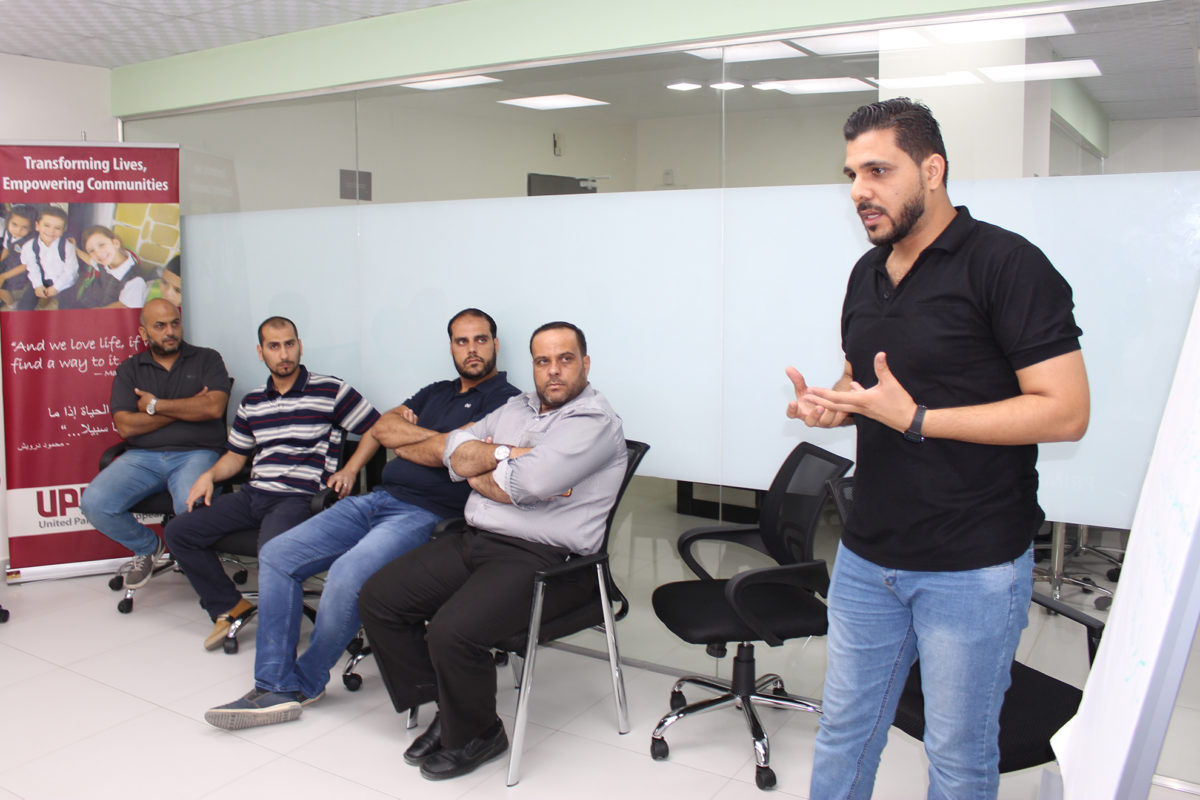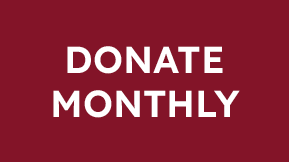Running towards gunfire in Gaza
“During the Great March of Return, protesters dodged bullets and tear gas, but I ran right towards it,” said Mohammad, a first responder in Gaza. “The sky was covered by large clouds of black smoke, and the sounds of sirens, cries, and screams could be heard for miles.”
Dealing with violence is not new to Mohammad. He is a psychological counseling volunteer with the Palestinian Red Crescent who helps survivors of war and day-to-day violence. Most recently, he helped the wounded protesters during the Great March of Return.
Burnt in his memory are brutally vivid images from the 2014 war in Gaza. Mohammad recounted his experience as an emergency first responder to UPA’s mental health practitioners.
[Houses, shops, and schools in the neighborhood were reduced to rubble. His home was shelled, and he was forced to flee, the dead and wounded are scattered along his path.]
Through it all, Mohammad struggled with his own emotional wounds.
As part of UPA’s emergency response last summer, UPA’s mental health practitioners sprang into action, teaching Mohammad and other first responders how to care for themselves while caring for others.
“Although I am hearing the suffering of people, I need someone who hears me,” said Mohammad. “Here, I was able to write and talk about myself.”
Emergency responders like Mohammad provide crucial services during war, too often to the detriment of their own psychological well-being. With your support, UPA can remain ready to give Gaza’s first responders the resources they need to first take care of themselves.
Thank you for your continued support, our work is not possible without you.



